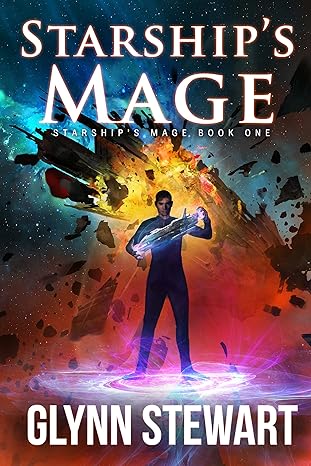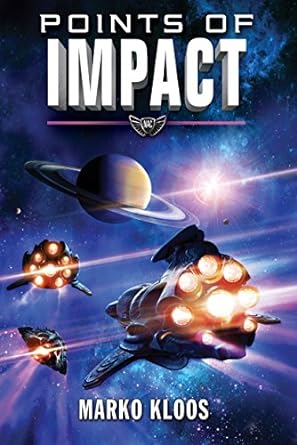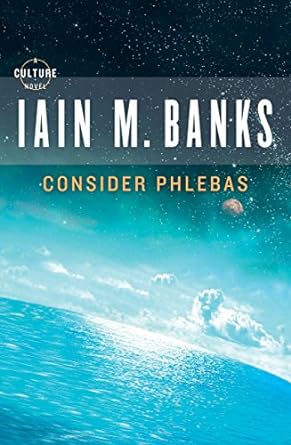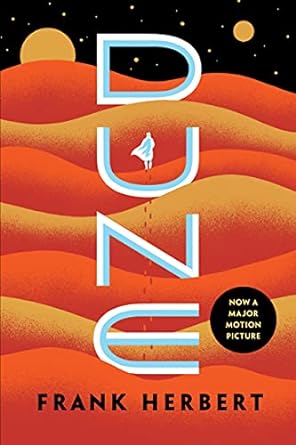
The Machine Stops
Considered one of the best early examples of science fiction, E. M. Forster’s short story, “The Machine Stops,” first published in 1909, is notable for predicting several modern technologies decades before they became practical, including the Internet and instant messaging.
"The Machine Stops" describes a world in which almost all humans have lost the ability to live on the surface of the Earth. Each individual lives in isolation in a 'cell', with all bodily and spiritual needs met by the omnipotent, global Machine. Most humans welcome this development, as they are sceptical and fearful of first-hand experience. People forget that humans created the Machine, and treat it as a mystical entity whose needs supersede their own. Those who do not accept the deity of the Machine are viewed as 'unmechanical' and are threatened with "Homelessness"...
BEST DEALS
About the Author
Edward Morgan Forster, OM (January 1, 1879 – June 7, 1970), was an English novelist, short story writer, and essayist. He is known best for his ironic and well-plotted novels examining class difference and hypocrisy in early 20th-century British society. Forster's humanistic impulse toward understanding and sympathy may be aptly summed up in the epigraph to his 1910 novel Howards End: "Only connect." Forster was gay, but this fact was not made public during his lifetime. His posthumously released novel Maurice tells of the coming of age of an explicitly gay male character.












